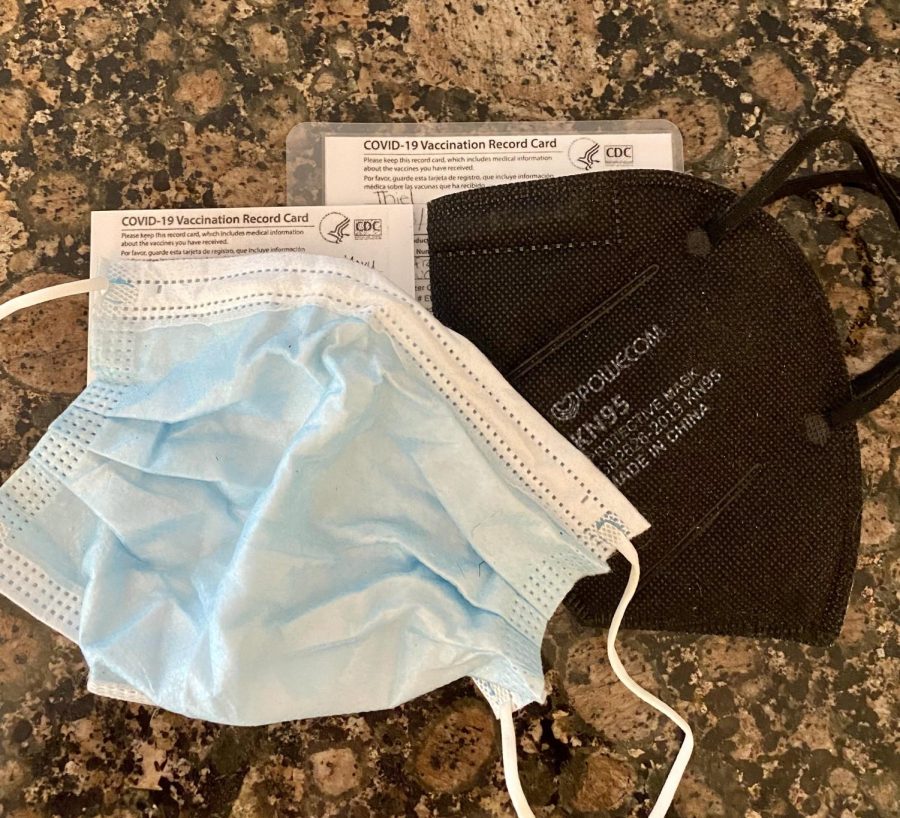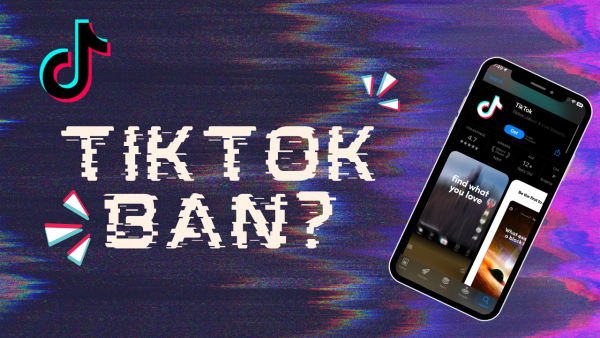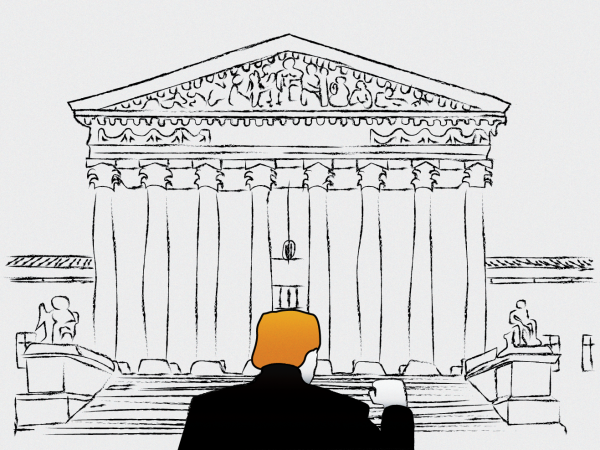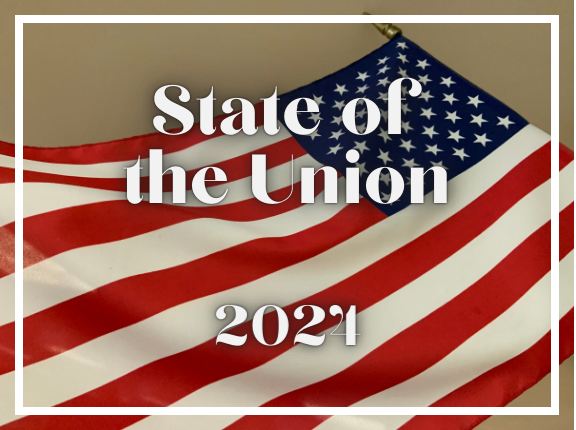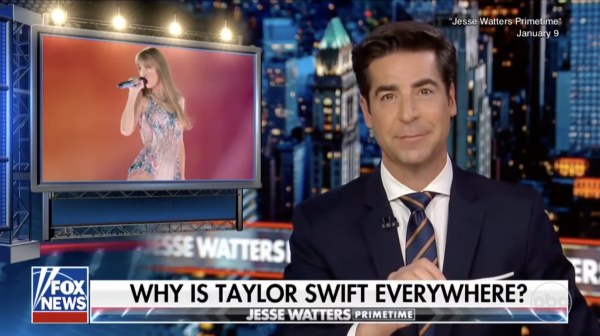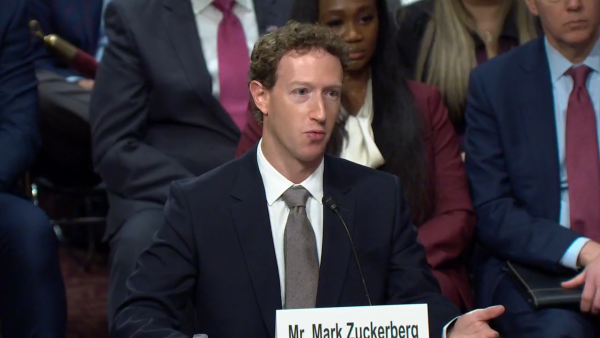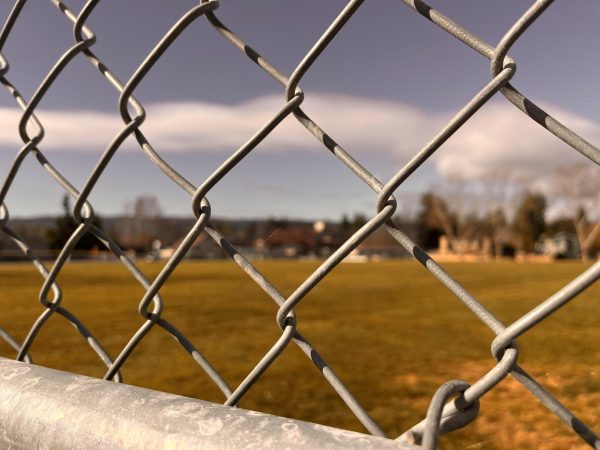Annual shots: How will the US tackle COVID-19 in the long run?
Current vaccine cards would either need to be replaced or altered if yearly COVID-19 vaccinations become a reality in the future.
October 2, 2022
In the past weeks, White House officials have confirmed speculation regarding the implementation of a yearly COVID-19 vaccination program. The hope for the vaccine is to create stronger immunity for the entire country and hold a constant advantage over the virus.
“[Yearly vaccine initiatives] have been effective in the past with other types of viruses – so I think it would work great,” said AP Chemistry Teacher Bree Barnett
While the main purpose of the program is to prevent COVID-19, yearly vaccinations also have the ability to fight sub-variants. Specifically, the BA.4 and BA.5 sub-variants (Omicron) are known for their mutated spike proteins that penetrate human cells in an extremely contagious way.
“As long as the COVID virus continues to mutate, it might become a yearly thing like the flu,” said Barnett.
Although not required, vaccinations are set to be heavily encouraged. Particularly, being such a controversial issue, many students have differing perspectives and beliefs surrounding COVID and subsequent variants.
“I do think there might be problems with a yearly COVID vaccine because of the differentiating opinions on this topic – because there are numerous individuals who are against vaccinating,” said Josef Rager (‘23).
President Biden continues to urge citizens to get vaccinated, citing the various benefits that vaccinations provide. But, there are still around 400 people dying every day from COVID-19 and many medical scientists have suggested that a yearly vaccination program would reduce this rate exponentially.
“I think a yearly COVID vaccine is a good idea, and honestly should have already been implemented,” said Maggie Mickaels (‘24).
As of now, there are no countries around the world that offer yearly COVID-19 shots, but many have unique regulations regarding vaccinations. For example, foreign countries are either taking a more strict or relaxed approach with regards to the virus, some being in stark contrast with current US policy.
“In Taiwan, there are rules for if you are eating outside, or going back to work in person – you need to be vaccinated,” said Chao Wei Hsu (‘23).
The US may implement another annual shot program similar to the flu vaccine. As the COVID-19 virus continues to mutate, yearly vaccinations are likely to be placed into effect in order to protect people from all walks of life. “I think vaccinations are good for protecting the people, and are helpful for ending the pandemic,” said Hsu.

